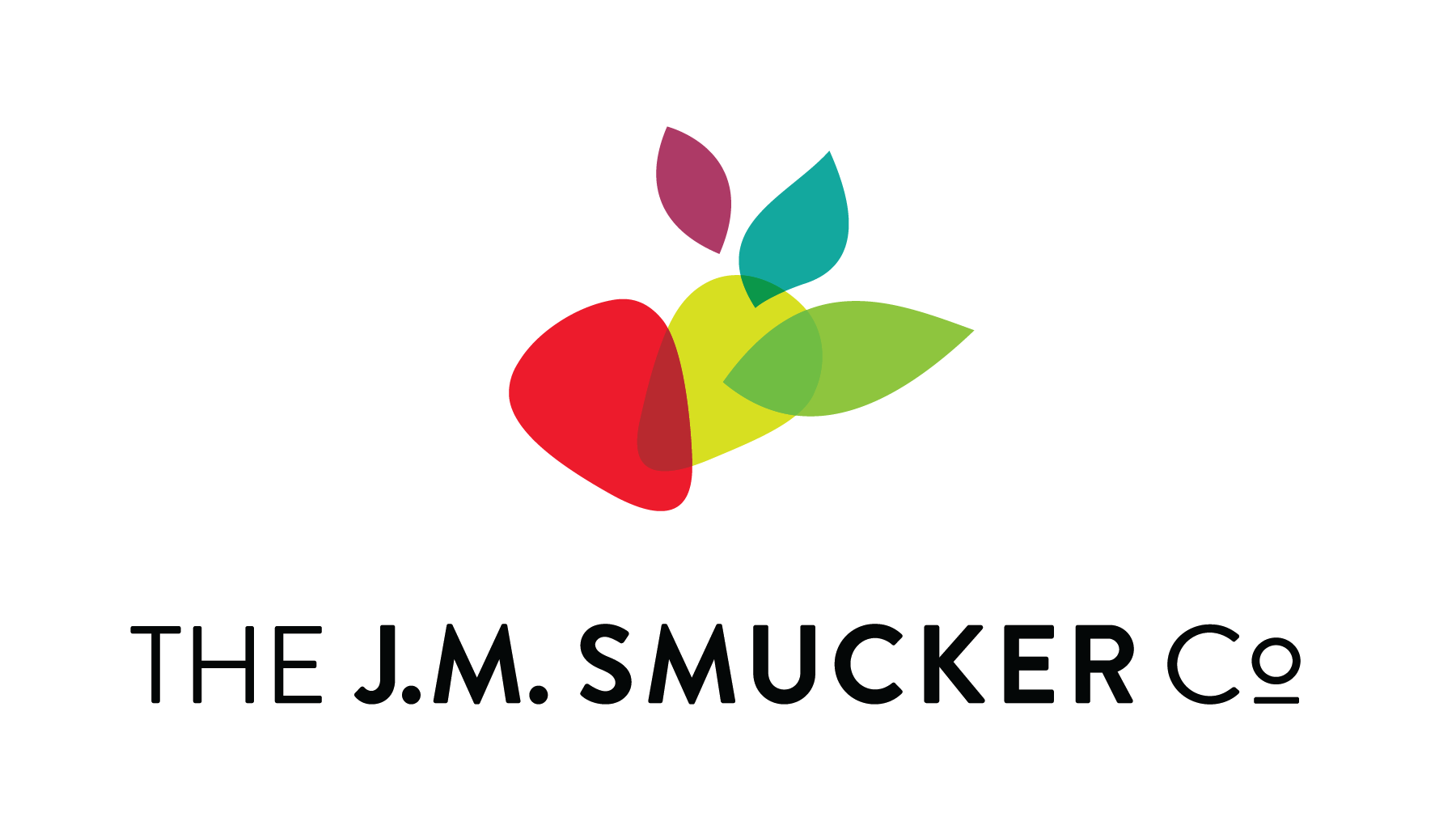How Smucker Supports the Mushroom Pioneers of Muaradua
Sep 9, 2024
As a leading producer of retail coffee, we depend on farmers from key coffee-growing regions around the world to ensure we have a steady supply of coffee beans to process into the popular Folgers®, Dunkin’® and Café Bustelo® products our consumers love.
We believe we have a responsibility to support these coffee farmers, many of whom operate on just a few acres of land and have historically relied on coffee as their sole source of income. That’s why we engage with industry partners like Hanns R. Neumann Stiftung (HRNS) and others to invest in training and resources that not only support the long-term health and resilience of the coffee supply chain, but also encourage economic benefits for these farmers, like income diversification and gender equity.
Meet Ibu Ida, Mushroom Pioneer

No one better exemplifies the positive impact of this work than Ibu Ida – a woman from South Sumatra, Indonesia, with an entrepreneurial spirit and a passion for agricultural experimentation.
In her hometown of Muaradua, Ibu’s name has become synonymous with a unique crop – oyster mushrooms. She had long cultivated them at home, driven by a fascination with the humble fungi that was both easy to grow and delicious. She would grow the mushrooms in a shed, selling small quantities at her local market.
But… what does this have to do with our Company’s coffee business?
Cultivating a New Income Stream
It was during a Smucker-sponsored HRNS training session for local farmers, organized as part of the broader HRNS program our Company supports, that Ibu’s journey took a pivotal turn when she decided to share her knowledge with a broader group. She talked about how mushrooms can be grown from materials that most consider agricultural waste, like coffee and rice husks. She shared that these materials were abundant in Muaradua and could easily be recycled for this purpose. And she explained how the waste from mushroom production could be repurposed as an excellent source of fertilizer – a true win-win for all.

HRNS quickly recognized Ibu Ida’s incredible passion, depth of knowledge and leadership potential. They invited her to become an HRNS consultant, tasked with training women’s groups in the art of oyster mushroom production using coffee and rice husks.
Under Ibu’s guidance, mushroom houses began to spring up across HRNS-assisted areas. These small, unassuming structures, often tucked behind the homes of women Ibu has personally trained, have become the engine powering a burgeoning mushroom industry. At least 23 mushroom houses have been set up in the last two years, each producing between 2 and 10 kilograms of mushrooms per week.

With additional support from HRNS, Ibu was able to overcome a logistical hurdle to promote even more growth for the local mushroom industry. Mycelium – the “seed” for mushroom production – historically had to be imported from Java, a costly and time-consuming process. HRNS helped Ibu establish her own mycelium production facility at home, enabling her to provide the materials required for mushroom start-up directly to the women’s groups she was already training.
Through Ibu’s own ingenuity, in combination with Smucker investment and HRNS resources, the women in this South Sumatran community now have an additional income stream that offers a sense of independence and empowerment. Beyond that, they have a brand new role model in Ibu, who exemplifies how to best utilize the resources and expertise to make a broad and meaningful impact.
